Blog Posts | December 1, 2016
Share ThisBy Reagan Moore
IMLS Office of Museum Services
Growing up in a small rural town in southwestern Virginia – a region of spectacular views, opportunities for outdoor recreation and rich natural resources, but not well known for its opportunities in the arts and humanities – I know the desire for an enriching creative outlet. And that is exactly what my afterschool program and out-of-school time experiences provided me. Not only were these safe and productive spaces for me while my parents were at work, but they taught me new skills, nurtured my creativity, and helped build my self-confidence. Therefore, it was with great honor that I recently attended a ceremony at the White House that recognized twelve of the nation’s outstanding out-of-school arts and humanities programs.
The National Arts and Humanities Youth Program Award (NAHYP), formerly known as “Coming Up Taller,” is a signature initiative of the President's Committee on the Arts and the Humanities in partnership with the National Endowment for the Arts (NEA), the National Endowment for the Humanities (NEH), and the Institute of Museum and Library Services (IMLS). It is the nation's highest honor for out-of-school arts and humanities programs that celebrate the creativity of America's young people, particularly those from underserved communities.
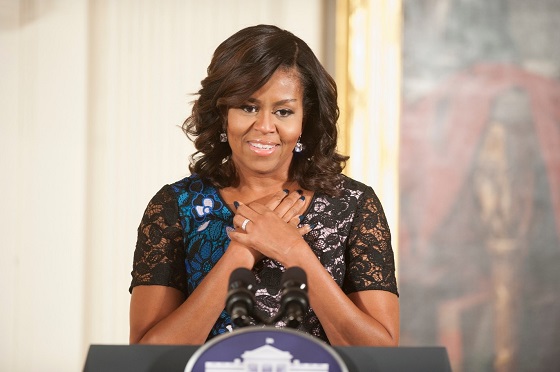
In its 15th year as a partner of this initiative, IMLS has recognized 45 of the nation’s most exceptional museums and libraries that showcase cultural excellence and enhance the availability of out-of-school arts and humanities programs to children and young people. This year’s three recipients include:
Mexic-Arte Museum’s Screen It! is a visual arts training program that provides instruction in screen printing. With the guidance of professional artists, graphic designers, and curators, the museum serves over 2,100 at-risk students annually in the greater Austin area through this program. Since 2009, Screen It! has presented coursework that caters to students from the economically disadvantaged area of Dove Springs. The program serves as an umbrella program for a wide variety of workshop offerings. At the advanced level, high school students learn digital design, computer literacy, and career development by using portable computer labs equipped with the latest design software. Students also attend entrepreneurial training classes developed in conjunction with local business owners and professional artists. Through positive reinforcement and a well-developed curriculum plan, Screen It! educators provide students with an environment that boosts their confidence and sense of self-worth. The public service-based goal of Screen It! is to reduce the number of students involved in gangs, drugs, and contact with the juvenile justice system. A recent evaluation by Austin’s Community Youth Development program reported that 100 % of its participants were crime-free after the program, and avoided any involvement with the Juvenile Justice System.
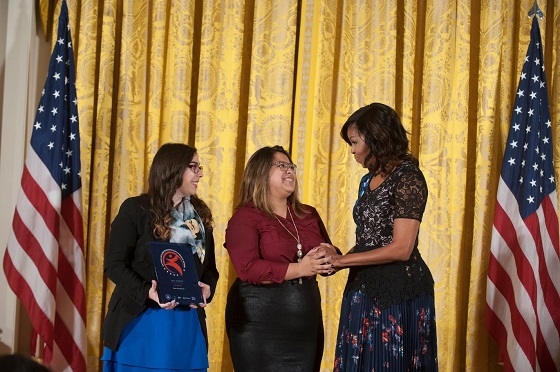
The New York Transit Museum’s Subway Sleuths is an acclaimed after-school program for young train enthusiasts, ages 7–12, with autism spectrum disorders (ASD). Espousing a strength-based approach that views passion for trains as a positive motivator, the program uses this shared interest to develop social and communication skills with peers. Subway Sleuths offers individualized lesson plans for its participants, matching them to cognitive and developmental levels, as well as providing deliberately small sessions with significant staff support to foster an intense and supportive environment. Through arts, movement, and imaginative play, Subway Sleuths participants engage with each other and the museum’s rich collection of exhibits and artifacts. Providing a setting in which students with special needs are comfortable and a subject with which they are fluent stimulates communication, builds a sense of competence, and helps develop critical social skills like flexibility, self- regulation, and self-advocacy. Students are never turned away if they cannot pay the program fee. In fact, in 2015, the majority of students received scholarships.
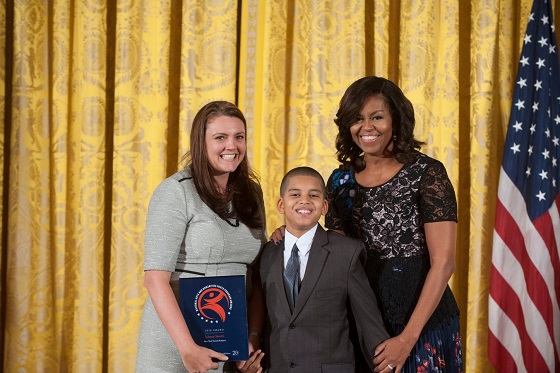
Since 2010, the California Indian Museum and Cultural Center (CIMCC), a Native American-governed museum in Santa Rosa, California, has served the underserved Native youth of Sonoma, Lake, and Mendocino Counties through its Tribal Youth Ambassadors (TYA) program. Located in a service area with an average graduation rate of 54.5% for Native students, TYA works to engage these young people to correct some of the issues that impact their low educational achievement. In this multi-disciplinary program, students aged 9–24 participate in developing CIMCC’s K-12 and Native youth-focused educational programs and exhibits, while exploring multi-media, Native language, and cultural arts. Building on the museum’s mission to educate the public about the history, cultures and contemporary life of California Indians, as well as honor their contributions to civilization, TYA incorporates an issues-based interpretive approach with humanities instruction. Lessons taught by Native adults, elders, and professionals allow youth to explore questions about how and why different cultures are viewed, compared, and valued in history and contemporary life. Peer-to-peer relationship building and intergenerational mentoring offer students a safe out-of-school setting to learn about and share their cultures, families, histories, and concerns. As a result, Native youth cultivate new talents and find their voices to express their cultures to the wider community. From year to year, TYA sees 100% of its participants staying in school, advancing through the grades and, in some cases, obtaining honors.
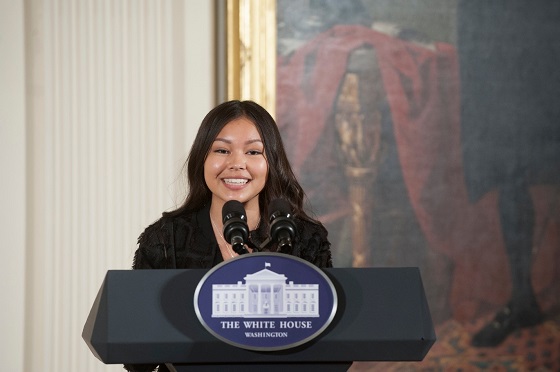
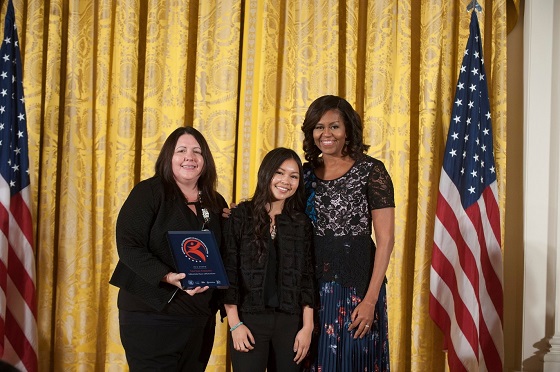
These programs, and those that are not formally recognized at the White House each year but are also nurturing the creative lives of our youth, are what I discover each year as I coordinate IMLS’s participation in the NAHYP Awards program. I know the great impact they make because I, too, discovered the arts through out-of-school time experience and it is what shaped my academic pursuits and later my career.
The next application deadline for the NAHYP awards is February 8, 2017. Application guidelines can be accessed here: http://www.nahyp.org/how-to-apply/.
About the Author
Reagan Moore is a program specialist in the Office of Museum Services and serves as the agency’s coordinator for the NAHYP program. She can be reached at rmoore@imls.gov
